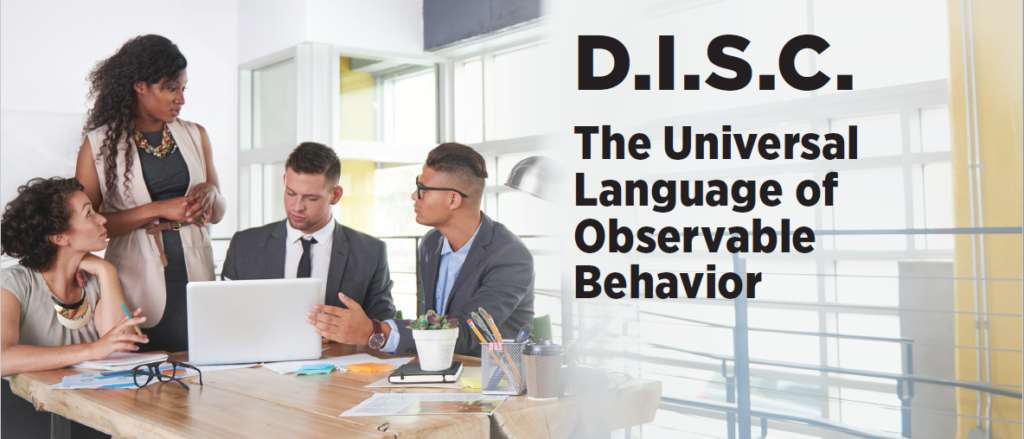 “The wise adapt themselves to circumstances, as water molds itself to the pitcher.”
“The wise adapt themselves to circumstances, as water molds itself to the pitcher.”
– Chinese Proverb
So, I can hear you thinking, “Wait a minute. I’m already successful. I’m already thriving. It’s all good here. After all, my behavior has got me where I am today.” But where are you exactly? Are you where you want to be . . . forever? Are you done growing? Are you done improving or is there room for improvement? One of my favorite books on success and self-improvement is titled, What Got You Here Won’t Get You There, by the brilliant executive coach Marshall Goldsmith. If you’ve not read it, I highly recommend it.
What got you here, won’t get you there. Or in other words, the behaviors that brought you to this point in your life and career may not be the behaviors that will get you to the next level. They may be keeping you stuck right where you are. You can get unstuck. It’s all about adapting.
At its most fundamental level, the ability to adapt is essential to survival. At an individual level – a personal level, the ability to adapt is critical to our success. You already know this. You already adapt your behavior based on the situation and the people involved. Whether or not you realize it, you are adapting your behavior all the time. Do you behave the same way in court as you do when you’re at home with your family? I hope not! That would just be weird. The thing is, most of the time when we are adapting our behavior, we are doing it unconsciously. We are reacting to the situation and people the way we always have or the way we were taught. Often this approach can work. After all, it got you here. But there are other times when reacting how we always have doesn’t work at all. We’ve all been in situations where we feel like we just cannot get through to the other person.
What if you could be more intentional? What if you could better understand your own behaviors so that you could respond to a situation rather than simply reacting to it? Here’s the good news – you can. So much of what we do is habit. Once we know what habits work for us and where we need to adapt, we can begin to make those little changes. Here’s more good news – you can begin to understand other people’s behavior, too. And you can use that understanding to communicate more effectively, reduce conflict, and build stronger, happier, more engaged teams.
Ready to get started? You can learn more here and by downloading my free eBook, D.I.S.C. The Universal Language of Observable Behavior.
